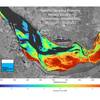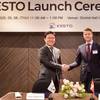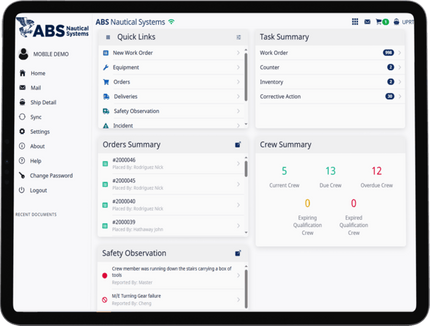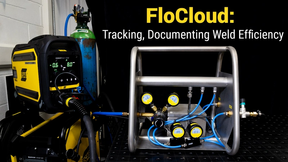ABS Serves the Papa Terra Field Development
Classification society ABS has been selected to class two of the major components in Petrobras’ Papa Terra offshore Brazil field development. The tension-leg wellhead platform (TLWP) known as P-61 and the floating production, storage and offloading (FPSO) unit known as P-63 will both be ABS classed. The P-61 is the first-of- its-kind TLP dry tree application to be installed in deepwater offshore Brazil.
“ABS has a longstanding relationship with Petrobras and, since dry trees are being considered as one of the solutions for deepwater exploration in the region moving forward, we are excited to class this unit and look forward to assisting Petrobras in achieving another milestone in its exploration and production history,” said Kenneth Richardson, ABS Vice President, Energy Development.
Houston-based FloaTEC designed the TLWP which will be built at Keppel’s BrasFels yard in Angra dos Reis. ABS has extensive experience providing technical services for tension-leg platforms (TLPs). There are presently 22 TLPs installed worldwide. Of those, 15 TLPs were built to ABS class or certified by ABS. The class society has used this experience to set the standards for the evaluation of dynamic loads and site-specific fatigue assessments, key to developing appropriate design criteria for TLPs. This guidance was first outlined in a supplement to its Guide for Building and Classing Floating Production Installations issued in 2004.
“Global performance analysis is performed to fully address the comprehensive effects of environmental loads on an overall platform and its components including the deck, hull, tendons, mooring system and risers,” explained Sidney Bereicoa, ABS Manager, Energy Project Development, Brazil. “This level of investigation is needed to verify the design of a TLP, particularly in terms of the mooring and riser systems unique to this type of floating system.”
The P-63 will join many other ABS-classed FPSOs operating offshore Brazil. The unit is a conversion of a very large crude carrier (VLCC) and, when completed, will have 16 topside modules weighing over 14,000 metric tons. The facilities on board are designed to process approximately 140,000 barrels per day of oil and 35 million standard cubic feet of gas per day.
ABS’ scope of classification for an FPSO includes: review and approval of the FPSO design for compliance with ABS Rules, survey of fabrication components in the field to facilitate compliance with ABS Rules, verification that the hull structure, mooring systems and foundation, marine, production, utility and safety systems comply with the relevant standards, as well as survey of the offshore hook-up and commissioning.
A third major component for the field’s development is a tender-assist rig. The rig will be used to drill and intervene on development wells working from the TLWP.
The Papa Terra heavy oil field is located in the Campos Basin approximately 110 km (68 miles) off Rio de Janeiro in water depths of up to 1,200 meters (3,940 feet). Petrobras and partner Chevron are slated to put the field into production by late 2013.












